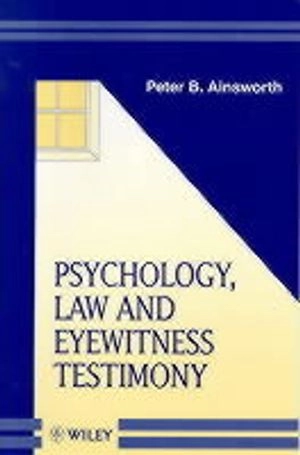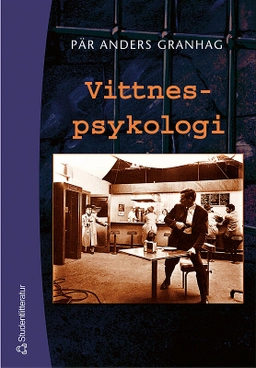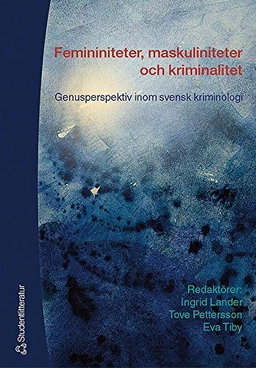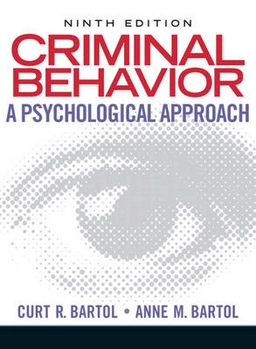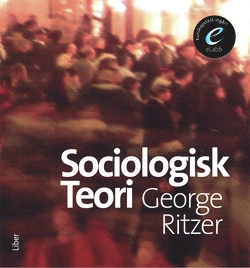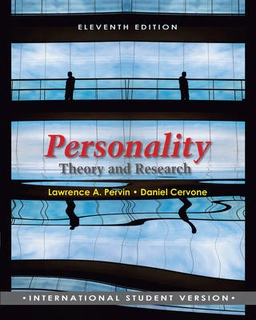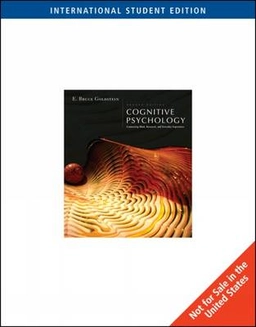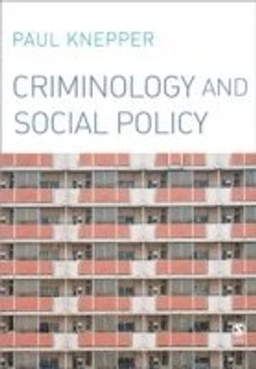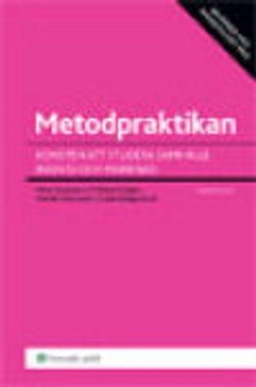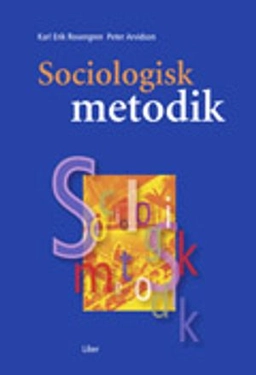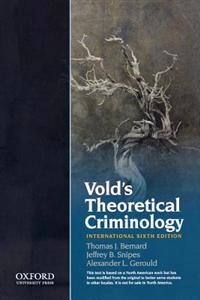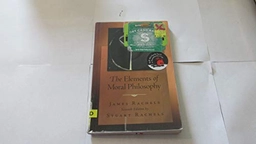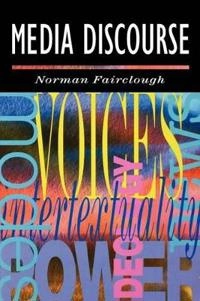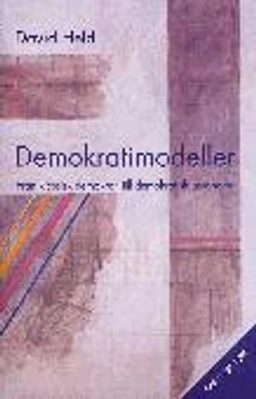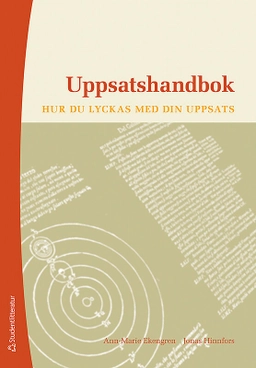Psychology, Law and Eyewitness Testimony Peter B. Ainsworth, University of Manchester, UK Before giving evidence, witnesses have to swear to tell 'the truth, the whole truth and nothing but the truth'. Given current knowledge about human perception and memory, it is unlikely that witnesses will be able to keep this promise. Many professionals within the criminal justice and legal system are involved in recording and assessing eyewitness testimony, sometimes with unrealistic expectations of the ability of eyewitnesses to provide accurate and objective testimony: they, and students of psychology, law and criminology, will welcome this up-to-date, accessible survey of the concepts and research which now inform our knowledge of this field. Peter Ainsworth, an experienced lecturer and researcher, has written this book in a style suitable for non-specialists, and focuses on how and why witnesses make mistakes, how psychologists can help, and how legal procedures can be improved (for instance, by reducing the pressure on witnesses to guess). The text is authoritative, backed by references to key research, and well illustrated by examples of how psychology and law are interlinked in the study of eyewitness behaviour. "From some books you take new knowledge. Some books consolidate knowledge by clear writing. Occasionally, as in this book, you get both. Peter Ainsworth has done his readers a favour by presenting complex material simply yet succinctly. I hope the book enjoys the wide professional readership which it merits." Ken Pease, OBE, Professor of Criminology, University of Huddersfield, UK.
Åtkomstkoder och digitalt tilläggsmaterial garanteras inte med begagnade böcker
